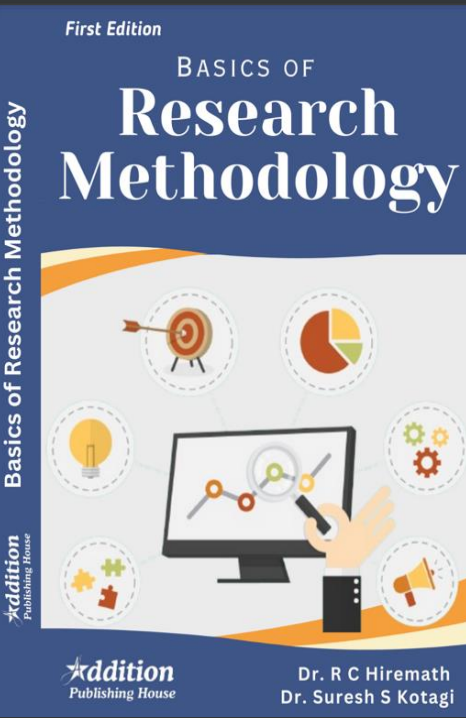Research methodology refers to the systematic processes and techniques used to collect, analyze, and interpret data in a scientific investigation. It provides a structured approach to conducting research, ensuring that the process is transparent, repeatable, and yields reliable results. This discipline spans various types of research, including qualitative, quantitative, and mixed methods, each chosen based on the nature of the research question.
A robust research methodology begins with the identification of a clear problem or hypothesis, which guides the entire study. Researchers must then select appropriate methods for data collection, such as surveys, experiments, interviews, or observation. These methods must be rigorously designed to minimize bias and ensure the validity and reliability of the findings. In quantitative research, statistical analysis plays a crucial role, while qualitative research focuses more on thematic analysis and interpretation of subjective data.
In academic and applied research, the choice of methodology is critical to achieving accurate and insightful results. It not only influences how data is gathered but also how it is analyzed and interpreted. Methodological rigor ensures that the research can contribute meaningfully to existing knowledge or offer practical solutions to real-world problems. Ethics also
iv
plays a significant role in research methodology, as researchers must ensure the confidentiality, consent, and welfare of participants.
Ultimately, research methodology provides the framework through which researchers navigate the complexities of their investigations, from planning to report results, ensuring the credibility and applicability of their findings across various fields of study.
Books
Basics of Research Methodology
₹499.00
| Author | Dr. R C Hiremath and Dr. Suresh S Kotagi |
|---|---|
| ISBN | 978-93-6422-977-7 |
| Language | English |
| Pages | 187 |
| Publication Year | 2024 |
| Binding | Paperback |
| Publisher | Addition Publisher |







Reviews
There are no reviews yet.